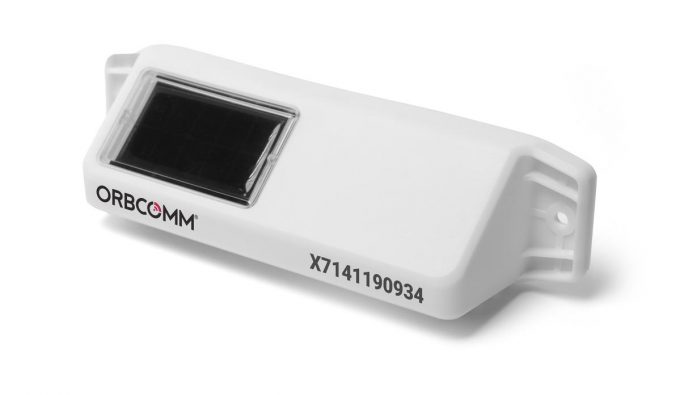Shippers and carriers await Iran decision on Hormuz in response to US attack
Logistics operators anxious over already fractured supply chains are contingency planning as Iran’s supreme leader, ...

Last year, Hapag-Lloyd partnered with Orbcomm and Nexxiot to equip its dry containers with tracking devices. Each Orbcomm tracker, costing around $100, features GPS and accelerometers to check the whereabouts of each container. And, although Hapag-Lloyd did not opt for this level of ...

Comment on this article